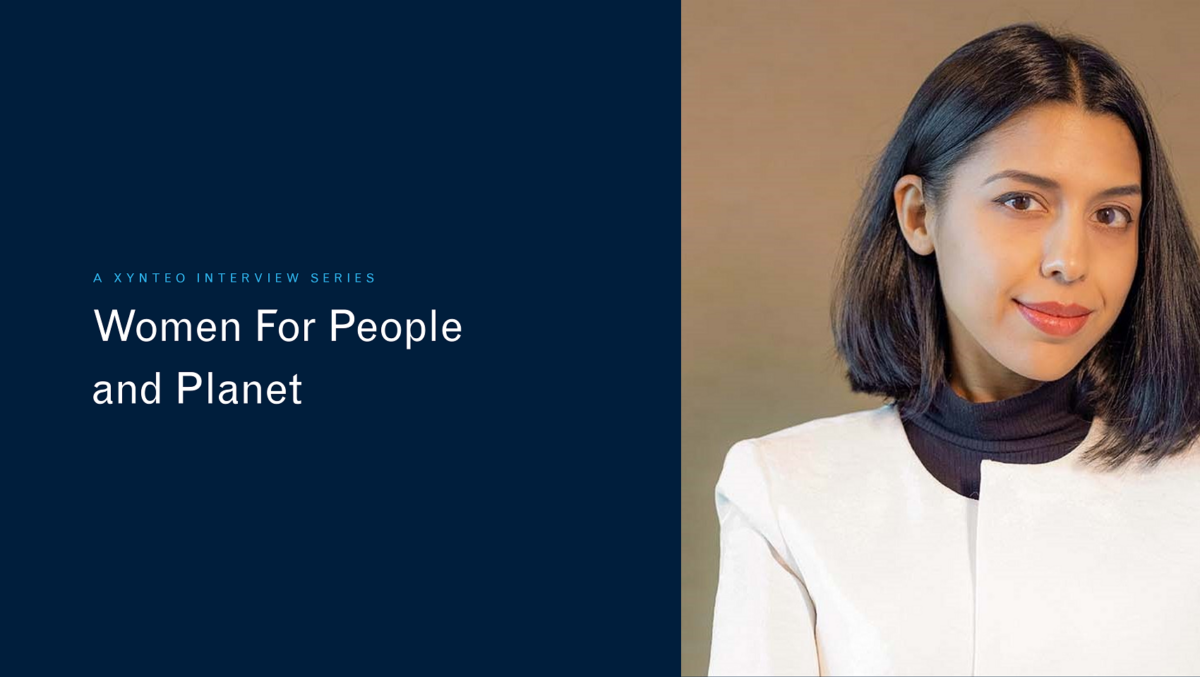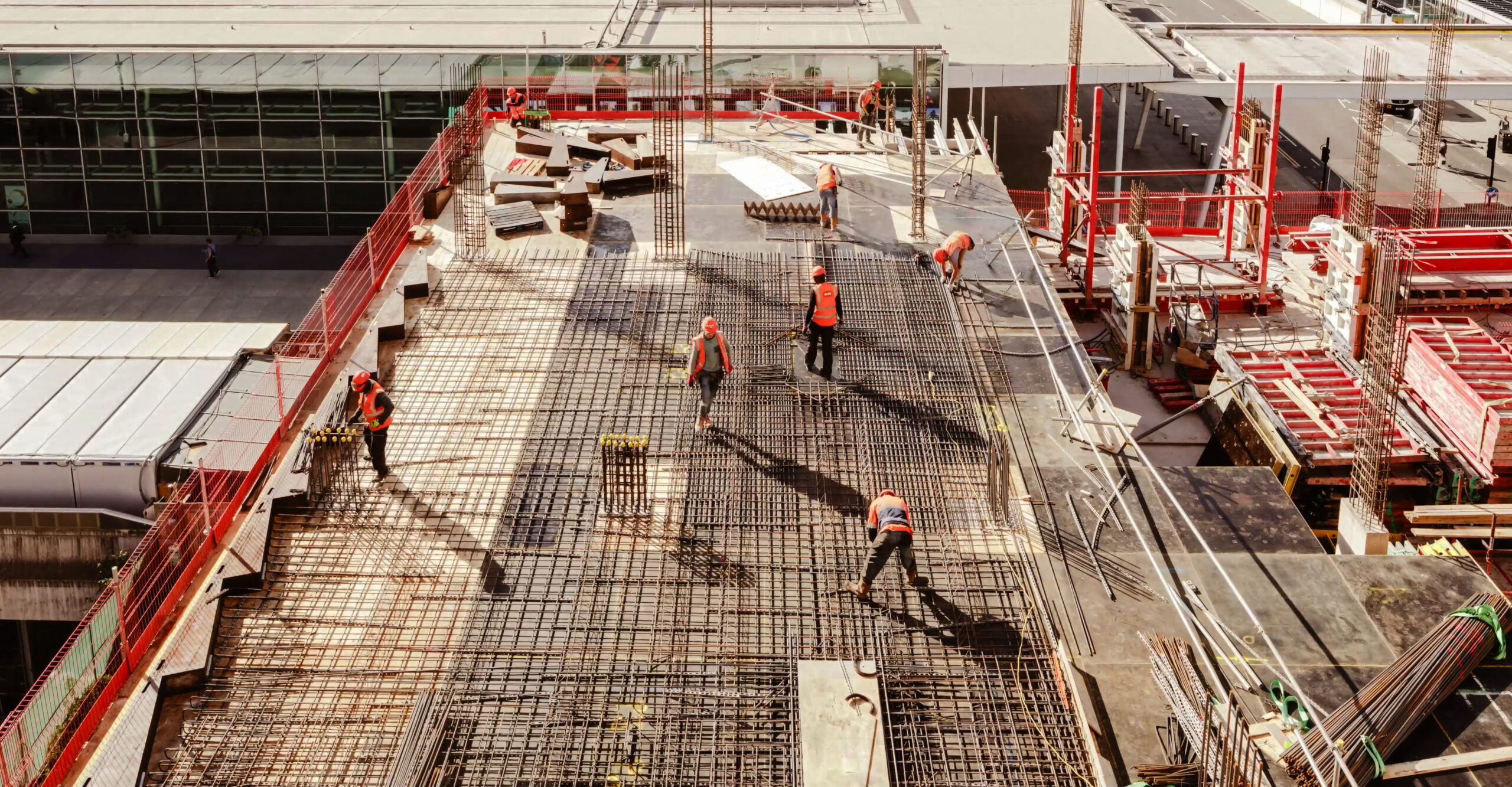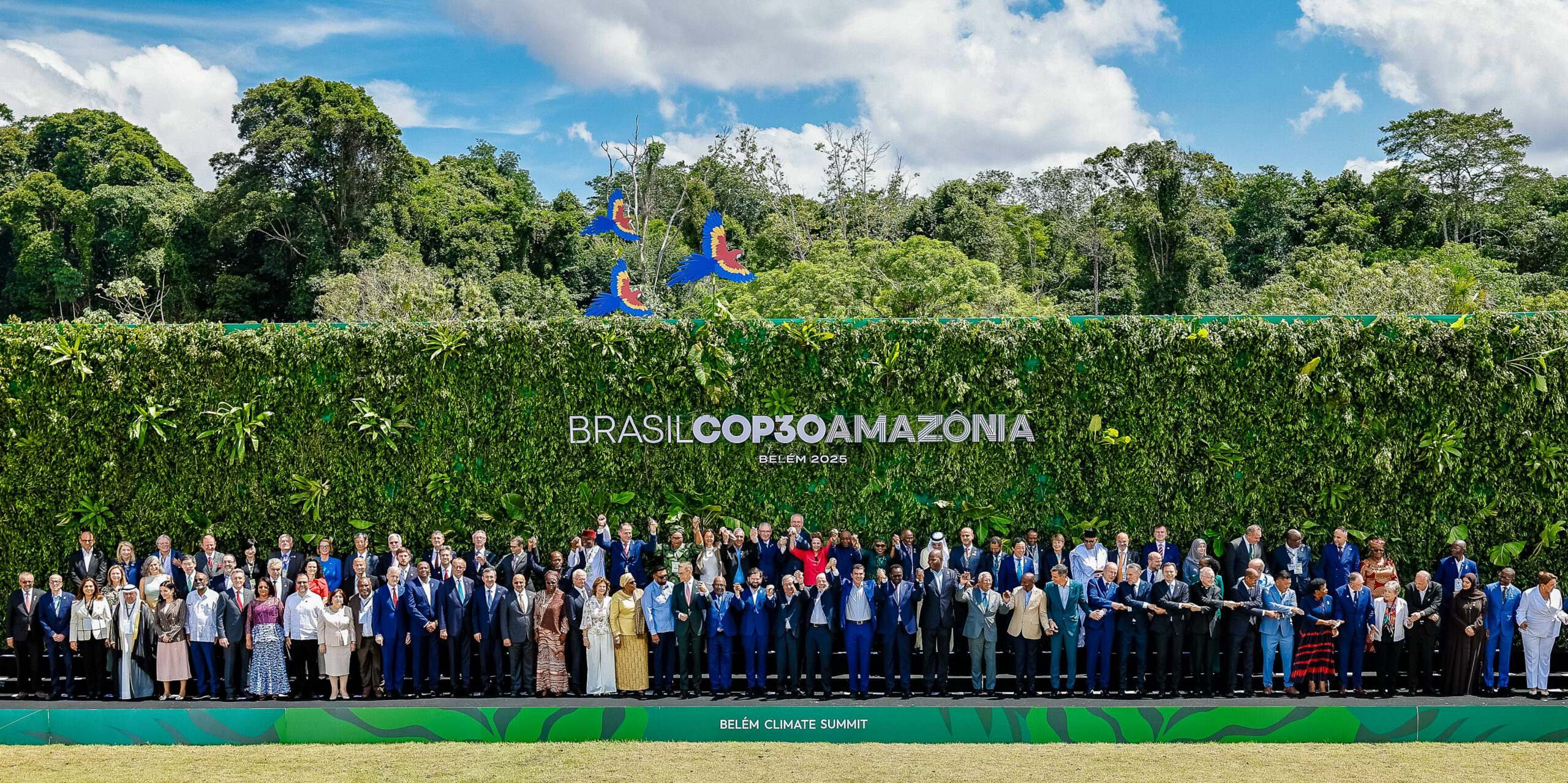Meet Egon Zehnder’s Sameera Sandhu—with a knack for transforming industry moguls into eco-warriors, her secret weapon is her amazing ability to find inspiration in everyone she meets. When she’s not busy saving the planet one corporate strategy at a time, you can find her championing curiosity, courage, and collaboration – because in Sameera’s world, even the most hardcore industrialist can learn to hug a tree (metaphorically, of course).
Xynteo’s Milan Kaur sat down with Sameera to talk about her journey, what she has learned, and how she sees the future of sustainability in the corporate world.
What does your personal journey towards sustainability look like?
Sameera: I am a Consultant at Egon Zehnder in the India and Global Industrial Practices, and we work as trusted advisors to board and C-Suite leaders, guided by our purpose as a firm of ‘Leadership for a Better World’. We believe leaders shape culture and set the tone for how businesses take responsibility for their external impact. This is important because culture is the invisible architecture of “how things are done around here” in any organization.
My sustainability journey began around 2018-19 with dialogues involving companies and leaders who were not necessarily doing enough for sustainability. As a result, they faced external pressure from investors, customers, and public opinion—both on social media and offline—regarding the impact of their business practices. I think this confluence of so many different external forces made the business community sit up and say, well, something needs to be done about this.
From Egon Zehnder’s standpoint, the conversations eventually became about culture—how do we change mindsets from the traditional, conventional ways of thinking? In that context, earlier there was more of an emphasis on traditional hard skills when it comes to leadership competencies. This may have sufficed in the old paradigm but now the context has changed, and we constantly hear about VUCA—volatility, uncertainty, complexity and ambiguity—and even VUCADD or VUCA-Plus. Leaders today need to contend with tremendous complexity and the old toolkit is no longer enough.
We’ve found that successful leaders engage with both mind and heart. This means having character, courage to question the status quo, and aligning individual purpose with company vision.
That leads me to leaders who also are able to collaborate, not just internally but with the external ecosystem and even competitors to address global issues by driving collective action efforts to address the world’s wicked problems. This way, businesses that contributed to problems through industrialisation can now be part of the solution.
When seeking future-fit executives, we look for soft skills and attributes like character, courage, and collaboration. In this way, we play a role in shaping leadership that can truly and positively impact organisations.
What led you towards looking at future-fit executive searches for industrial sectors?
Sameera: Metals and mining is my first love, and over the years my focus has broadened to many industries that have the tag of hard-to-abate sectors.
My journey started about 15 years ago when I became fascinated by the link between metals and minerals in our everyday products, global economies and the contribution industries make to our lives. Back then, sustainability wasn’t central to my work in metals and mining.
I made the connection when I realized these industries have substantial impact on the external environment as well as people and the society, you know, and with that comes a lot of responsibility.
We’ve heard about catastrophes like the mining tailings dam disasters in Brazil in 2015 and 2019. My colleagues and I couldn’t understand why this kept happening. Were there not enough governance mechanisms? Was the punishment not enough? Society pays the price, and it’s absolutely unacceptable that this happens repeatedly.
That’s when I started thinking about our role in ensuring sustainability goes hand in hand with what industries provide to the world. You have to do what you do responsibly.
As mentioned earlier, this shift happened for me in 2018-2019 through conversations we had with companies at the board level on pressure from investors about diversity and governance of material ESG risks. I realized we had access to what’s happening in boardrooms and in leadership discussions around sustainability and companies needed our help.
It’s easier said than done to just appoint a CSO and think everything will be alright. These are systemic issues, and you need to get to the root cause. At the same time, leaders need to make public commitments and lead from the front. Egon Zehnder can contribute by amplifying voices to highlight what needs to be done and the challenges that must be addressed.
So, that’s how my focus broadened from being specifically focused as an analyst on metals and mining to thinking about sustainability as part of what we learn, think about, talk about, recommend, and try to help with today in discussions with leaders across industrial sectors who have the power and influence to make an impact.
The willingness needs to be there too. You can take a horse to water, but you can’t make it drink. It’s easier said than done, but you try.
What are the skills and experiences that you’ve valued the most on this journey and have equipped you best?
Sameera: I don’t know if I have the right answer about skills and experiences, but I think for anyone, myself included, it always helps to have an open mind and curiosity. That’s absolutely critical because without it, you aren’t able to see beyond the boundaries you think are expected of you.
Curiosity is important to connect dots, invite different perspectives, be open to new ideas, and work with different parties beyond those you’re expected to work with. It’s more a trait or marker of leadership potential than a skill or experience.
Beyond that, engagement is another potential marker for sustainability leadership. We talked about collaboration, which is fundamental from a sustainability standpoint. These are collective action efforts, so being able to engage with others, see everybody’s viewpoint, and understand different vantage points leads to finding a common path forward. Without that, you’re just at loggerheads or on tangents.
More than anything, curiosity and engagement would serve anybody well when focusing on sustainability.
It’s good to be a woman in sustainability. Diversity and inclusion are such important parts of sustainability. The more different voices contributing to the agenda, the better.
Personally, woman or not, if I’m able to contribute thoughts and perspectives that may not have been thought through, understood, or seen in a certain way before, then maybe I’m moving the needle just a little. For me, having a voice in an age where I’m taken seriously and have a seat at the table has been helpful in having such dialogue.
There’s always a big challenge around getting the buy-in from the stakeholders, don’t you think?
Sameera: It’s a work in progress, and even companies that have made progress still struggle because everyone is answerable to someone. Businesses are commercial enterprises; they have to make money. So, buy-in isn’t straightforward.
A good example is Unilever. They made a transition to sustainable living brands, which became revenue drivers over time. When Paul Polman started this journey, there was resistance. It worked because he truly had vision and passion, linking well with what we talked about courage – to drive it forward and deal with scepticism along the way.
In an organizational context, leaders who can do this could be your sponsors or change champions. If the CEO takes charge, nothing like it. The tone is set from the top, and there’s followership. That’s what Paul Polman did at Unilever.
From a buy-in standpoint, the business case needs to be there, but there’s also a need for communication and awareness building. Often, what you’re trying to achieve is just not well understood. The more you show traction, the more likely it’ll see acceptance and success.
The challenge with sustainability is these are long-term endeavours. You’re changing a traditional way of working, shifting and innovating everything from processes to people to business models. It’d be unfair to expect short-term results if you’re truly driving for sustainability.
Communication and awareness must tie closely with your purpose and intent. What do we stand for? Why are we doing this? Many businesses face the risk of disruption from startups with sustainable models, or the risk of catastrophic disaster if something goes wrong, paying billions in penalties and fines. Sustainability is very much about business continuity.
Finally, culture plays a very important role, both at the board level and across the organization. Changing this takes time. Paul Polman, for example, found the right leaders for his executive committee. If there were detractors or resistance, he changed them out. As a CEO, you have to find like-minded leaders who support your vision to push the agenda forward.
What opportunities have been the most important to making progress in your sustainability journey?
Sameera: I went from having no interest or understanding of sustainability to picking up and having a finger on the pulse through hearing rumblings in my work. Curiosity helped me connect the dots between industrial sectors’ impact on economic development and the other side of the coin that we also have to consider.
This journey of discovery was a big one for me. I felt compelled to do something about it, and I had great colleagues and friends of the firm who felt the same way. Collaboration and engagement created space for conversations that led to ideas and starting dialogue more visibly.
A highlight in focusing on sustainability was the first paper we published – a global report on ESG implications for the metals and mining sector. While focused on one sector, many insights and recommendations are applicable across sectors.
It was a pilot for new, maybe radical thought. We talked about buy-in; you always start with a pilot. We thought, why not start with metals and mining? Let’s see what we find and how we can contribute to making things better or push the needle towards progress regarding these large businesses’ negative externalities.
This kick-started continuing efforts after that.
“Curiosity is important to connect dots, invite different perspectives, be open to new ideas, and work with different parties beyond those you’re expected to work with. It’s more a trait or marker of leadership potential than a skill or experience.”
Sameera Sandhu, Consultant, Egon Zehnder
What barriers have you faced?
Sameera: There are many barriers—everyone dealing with sustainability has faced resistance and scepticism. You have people willing to engage in dialogue, and equally, people who’ll say it’s not applicable to our context, or it’s too costly, or we have a business to run.
Sustainability is often seen as a nice-to-have. The dream is for it to be a must-have. For many, it’s happening off to one side. The second challenge is confusing sustainability with CSR. When trying to have a dialogue, you end up digressing because the point is lost. The response you get is, “Yes, we do our CSR, we have a foundation, we’re feeding people, setting up schools.”
That’s not bad; it’s still some form of progress. You’re contributing to society, albeit because it’s regulated and mandated. From that perspective, there’s some positive impact, but it’s not good enough. It’s the bare minimum, with a compliance mindset and completely separate from what you do as a business. You can do a lot of CSR and still negatively impact your environment.
Then you have business sustainability reporting standards. It’s compliance reporting. People say what gets measured gets done, but when will we see a shift from measuring our impact to no longer making that impact? We’re in the nascent stages of movement towards becoming net positive.
The third challenge is a lack of common understanding about sustainability. Everyone has some concept, which isn’t entirely wrong. The most accepted definition is development that meets present needs without compromising future generations’ ability to meet theirs. But in conversations, I hear things like, “Oh yeah, it’s ESG, it’s triple bottom line, it’s CSR,” and that’s the problem.
Boards recognize the need to do something about sustainability and are aware of ESG, but they need to consider whether they have sufficient education for all board members. Can they answer the basic question of what their top five material sustainability matters or risks are? Some boards aren’t there yet, making fruitful discussions hard.
At the C-Suite level, there’s been a wave of CSO appointments, which is good. You have one dedicated person accountable for the sustainability agenda. But that’s still not moving the needle because it’s the bare minimum. Are you empowering your CSO to drive initiatives to make sustainability central to your strategy, to shape your business model?
The flip side of having a dedicated person is everyone thinks sustainability is only their problem. But sustainability is everyone’s problem. The world’s wicked problems don’t see borders or companies as separate. We’re all impacted by climate change, particulate matter in the air, etc. You can’t have everything to do with sustainability siloed under one dedicated person. They should be empowered to bring everyone along on the journey, and for that, you need buy-in and support from key stakeholders, particularly the Board and CEO.
How do you see the future of the CSO role/sustainability in the board room?
Sameera: The CSO role is often becoming a double-hatting situation where you have a corporate affairs officer rechristened as Chief Sustainability Officer, or marketing / HR officer double-hatting as Sustainability Officers. This is challenging because credibility in the domain you’re supposed to lead is important. But credibility can mean different things in different organizational contexts.
You may not be a domain expert in different facets of sustainability, but you may be good at getting buy-in cross-functionally within your organization. You may have that network capital and soft skills like curiosity, courage, and collaboration to drive the agenda. Sometimes, to drive change, especially with a strong element of culture transformation, being an insider helps.
Companies face a fundamental question: do you go externally for a CSO or look internally for someone who can take charge and rally the troops? There are trade-offs. If hiring from within, how are you building organizational capability? If hiring externally, sustainability isn’t just one thing. You can’t have somebody who’s a sustainability expert across everything under the sustainability umbrella.
From the board perspective, we did a study on governance at the board level for sustainability. There was debate about having experts or people with ESG-related skills on the board. It helps to have one or two board members with exposure to social or environmental issues or a strong background in governance. But ultimately, it’s important for the entire board to be educated in sustainability.
It’s important that the Sustainability Committee has a say in what’s happening across different committees and the board. Is the Sustainability Committee looking at how material sustainability matters are featuring in your overall charter? The CSO and board should have an interface, much like your CFO and audit committee.
The board needs to govern and guide what happens from an executive committee perspective, leveraging the CSO. That interface is really important. There’s also the issue of conflicts of interest – the CSO should be able to raise issues to the board without fear of sanction.
Sustainability has come to India slightly later than some other parts of the world, but we have pockets doing very well in different aspects. It is often seen as a cost and risk, but it’s also an opportunity. Smaller businesses have a chance to shift gears and transform towards becoming more sustainable. With India as a bright spot for global economic growth and export potential, companies need to be sustainable to be competitive, especially with new EU regulations on supply chain due diligence.
If companies aren’t thinking about this already, they’re leaving money on the table. For startups, there’s an opportunity to innovate business models with sustainability built-in by design. Sustainability is all about innovation, which is critical for businesses to remain relevant and sustainable. While innovating, sustainability should be a fundamental design principle. Ultimately, innovation and leaders shaping organizational culture have to work in tandem for companies to become sustainable.
What has been your proudest impact achieved?
Sameera: I’m proud of my collaboration with my dear colleagues in the thought leadership we put out on sustainability.
Are there any women role models that have inspired you or that you have tried to emulate?
Sameera: I think my role models change all the time, and I have no one role model. Every person I meet has something to learn from, and I get a lot of energy from that. We’ve all faced challenges and had to overcome so much.
I gain inspiration from different conversations and really getting to know people in depth. I could name a few prolific people we typically mention as idols, but I think every single person has something inspirational about them.
Do you have any advice for women starting out in careers in energy transition/ decarbonisation or sustainability in general?
Sameera: Here’s my advice for women starting careers in sustainability, but without the gender lens, because I think it’s broadly applicable:
Firstly, everyone should be thinking about sustainability, whether they’re focusing on it or doing something “as evil as mining”.
Starting a career today, in sustainability or elsewhere, the soft skills and non-cognitive skills we talked about are crucial. For women especially, as we need more representation at the top, courage is probably the most important aspect to develop. Having a voice, the ability to dream, and vision all come together nicely if you want to make an impact. You also need the resilience to challenge and disrupt the old, mostly male-dominated paradigm—a task that can frequently feel like an uphill battle.
Think about who you are, what resonates with your values, how you want to make meaningful impact, and what you stand for. The earlier you introspect and reflect on these, the better. It leads to self-awareness and plays into having the courage to stand up for what you believe in and get others to buy into what you’re trying to drive. If you’re honing these few things, you’re well on your way.
To be inspired by all our latest interviews, visit our Women for People and Planet interview hub.
Read more



